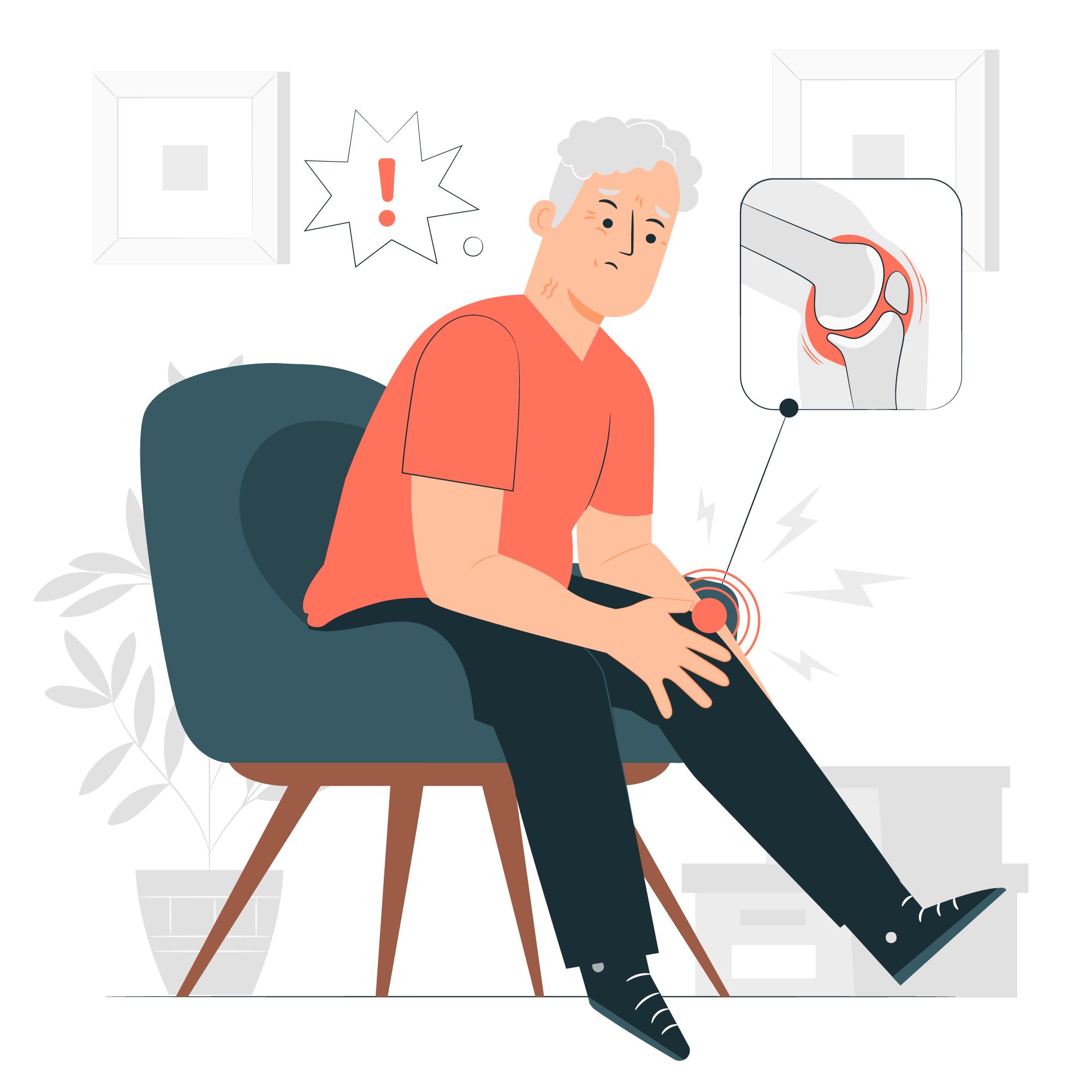
Knee pain is a prevalent issue affecting both men and women as they age. When knee pain becomes persistent and leads to stiffness, seeking medical attention is crucial. Various treatment options exist to alleviate symptoms and restore normal activities.
In the realm of innovative knee pain management, Platelet-Rich Plasma (PRP) stands out. PRP, a treatment option for knee problems, boasts a faster recovery time compared to traditional surgical procedures.
Platelet-Rich Plasma contains elevated platelet concentrations, crucial for cell functioning. Injecting plasma aids tissue healing by promoting the generation of new cells.
In the PRP procedure for knee pain, platelet-rich plasma is extracted from the blood and injected into the affected knee joint. This process initiates a natural healing response, facilitating tissue restoration. PRP for knee pain is often referred to as regenerative medicine since it promotes the development of new cartilage to replace damaged tissue.
PRP is versatile, offering relief for joint and muscle pain, including conditions like osteoarthritis. It's an effective option for individuals seeking less invasive treatments, with minimal risks, as the plasma is derived from the patient's own blood.
PRP treatment is not only cost-effective but also minimally risky. The process begins by collecting blood from the patient's arm. Using a centrifuge device, the platelet-rich plasma is separated from the blood.
After numbing the affected knee joint, the doctor injects the PRP, often guided by ultrasound. Post-injection, patients may experience mild pain and stiffness. However, these symptoms are short-lived, and patients can resume normal activities after a brief rest.
Patients undergoing PRP for knee pain report positive outcomes, including reduced pain levels within three months of the procedure and improved physical function with regular follow-ups.
If you are considering knee treatment without surgery in Hyderabad, PRP therapy emerges as a viable option. It offers a cost-effective and minimally risky alternative, promoting natural healing.
Recovery after PRP therapy typically spans seven days. During the initial three days, using an ice pack every three hours helps prevent swelling. Patients should rest and avoid putting excessive weight on the knee. Swelling gradually subsides over a few weeks, allowing a return to normal activities within months.For those seeking knee treatment without operation, finding the best doctor for knee treatment in Hyderabad is essential. Consult with your doctor to determine the suitability of PRP therapy for your specific condition, ensuring a safe and effective treatment experience.